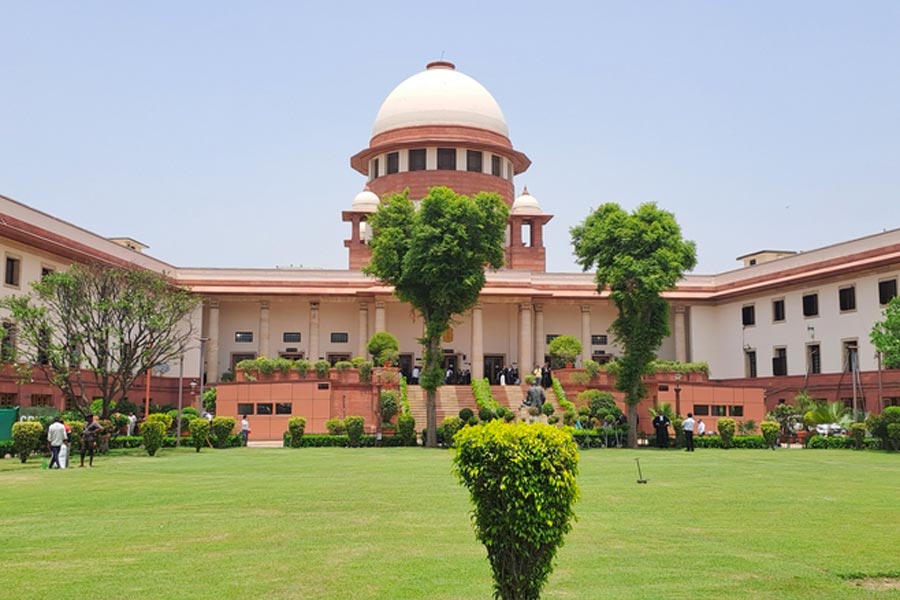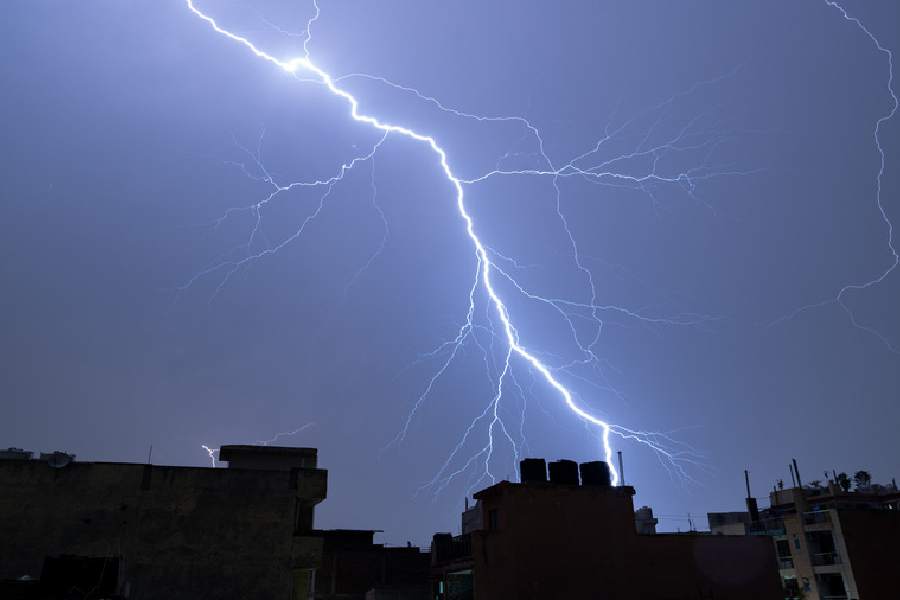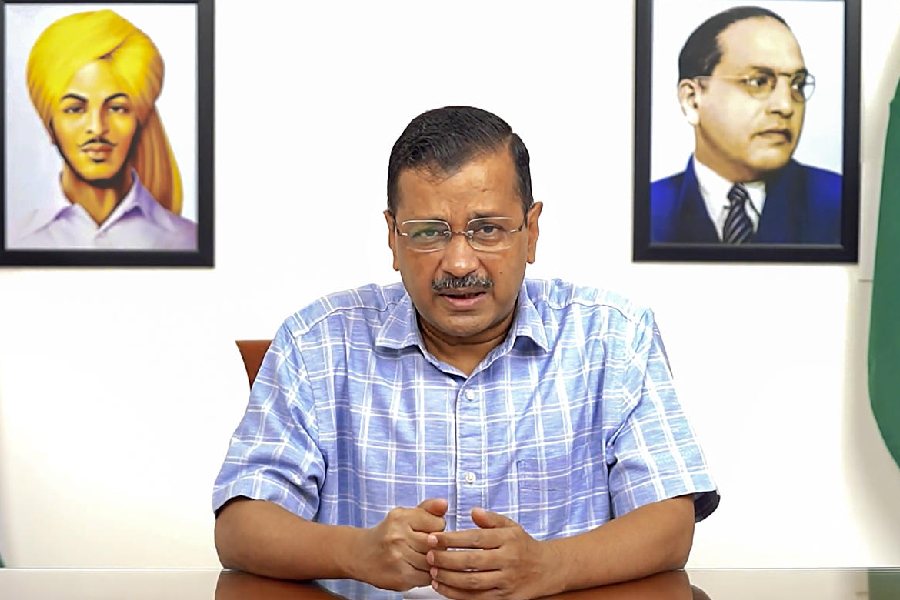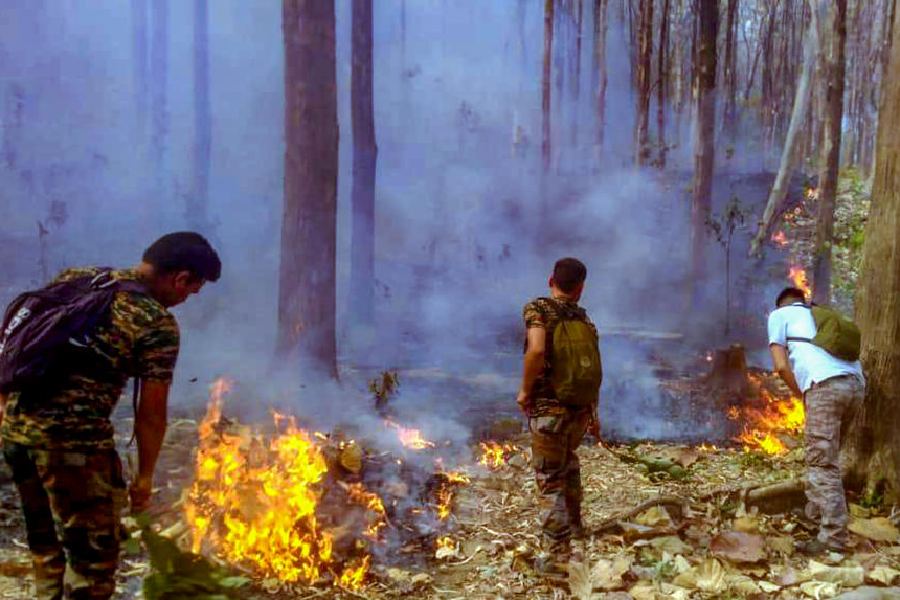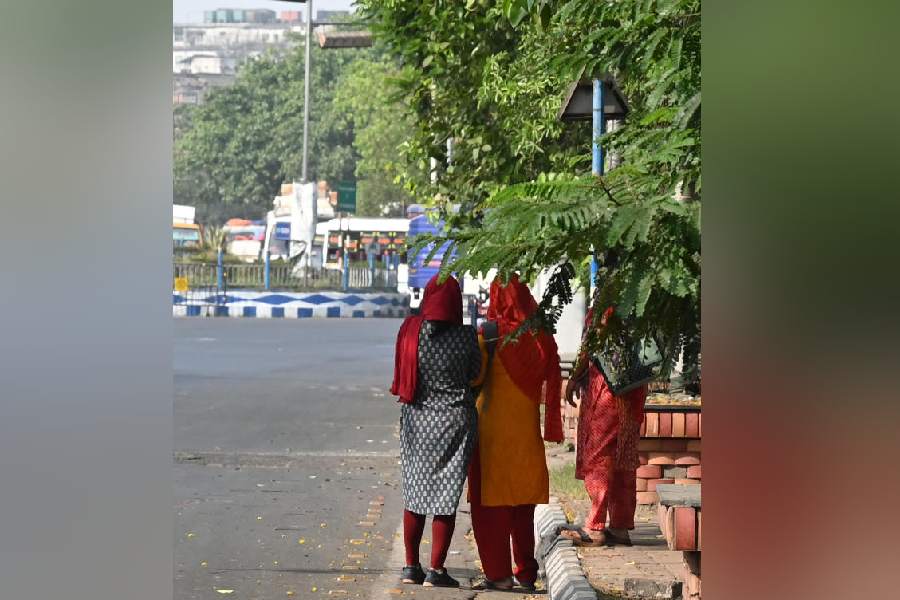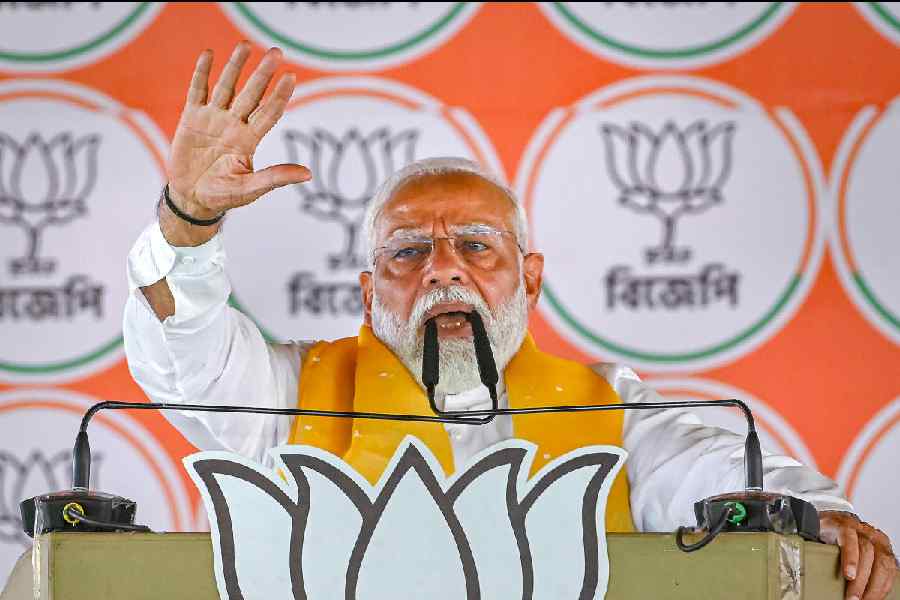A proposal for sub-categorisation of Scheduled Castes (SCs) for rational distribution of reservation benefits has been opposed by 13 states, including Bengal, and one Union Territory.
Minister of state for social justice and empowerment A. Narayanaswamy had told the Rajya Sabha through a written reply on July 26 that the states had been requested to send their comments for the sub-categorisation of SCs.
“So far response from 20 states and 2 UTs has been received. Out of which seven states are in favour of sub-categorisation, thirteen states and one UT are against it and one UT has offered no comment on the matter,” Narayanaswamy had replied.
The minister had also said that the issue of sub-categorisation was pending before the Supreme Court. A constitution bench has requested the Chief Justice of India to assign the matter to a bench of seven judges or more.
A government official said the matter had been under the consideration of the social justice ministry for the last two decades. In 1997, the Andhra Pradesh government sub-categorised the SCs in the state into four groups based on relative backwardness, and fixed separate quotas for them. A commission headed by Justice P. Ramachandra Raju had found disproportionate distribution of reservation benefits among the SC communities in the state.
The Andhra ordinance was challenged in the high court, which upheld its validity in 2000. However, a five-judge bench of the Supreme Court in 2004 struck down the sub-categorisation on the ground that Assemblies were not competent to carry out such an exercise and that the Constitution had intended that SCs and STs were individual homogenous entities.
After the apex court judgment, the Andhra Pradesh Assembly in 2004 passed a resolution to recommend to the Union government to take the matter up in Parliament. The Centre set up a National Commission for Sub-Categorisation of SCs under Justice Usha Mehra and the NCSCSC in 2008 recommended an amendment to Article 341 of the Constitution to provide for sub-categorisation or de-sub-categorisation of SCs.
The official said that based on the Mehra Commission report, the Centre in 2011 sought the comments of the states and UTs. In the last 12 years, 20 states and two UTs have responded. Bengal, Odisha, Kerala, Madhya Pradesh, Himachal Pradesh, Gujarat, Meghalaya, Sikkim, Tripura, Uttarakhand, Manipur, Assam, Goa and Delhi have opposed sub-categorisation while Andhra Pradesh, Telangana, Chhattisgarh, Karnataka, Haryana, Jharkhand and Punjab have supported it.
Ashok Bharti, chairman of the National Confederation of Dalit Organisations, questioned the basis for sub-categorisation.
“...The premise of this proposal that reservation is being disproportionately distributed is wrong. This is a conspiracy by the government to not fill the quota seats, divert public attention and create division among SCs,” Bharti said.
Suresh Reddy, a Rajya Sabha member representing Telangana, said bifurcation would help certain castes. “Some castes among the SCs fail to take advantage of reservation. The bifurcation will help rational distribution of reservation among castes,” he said.

